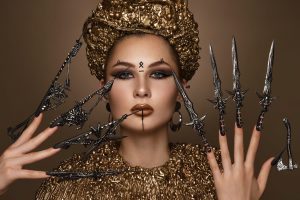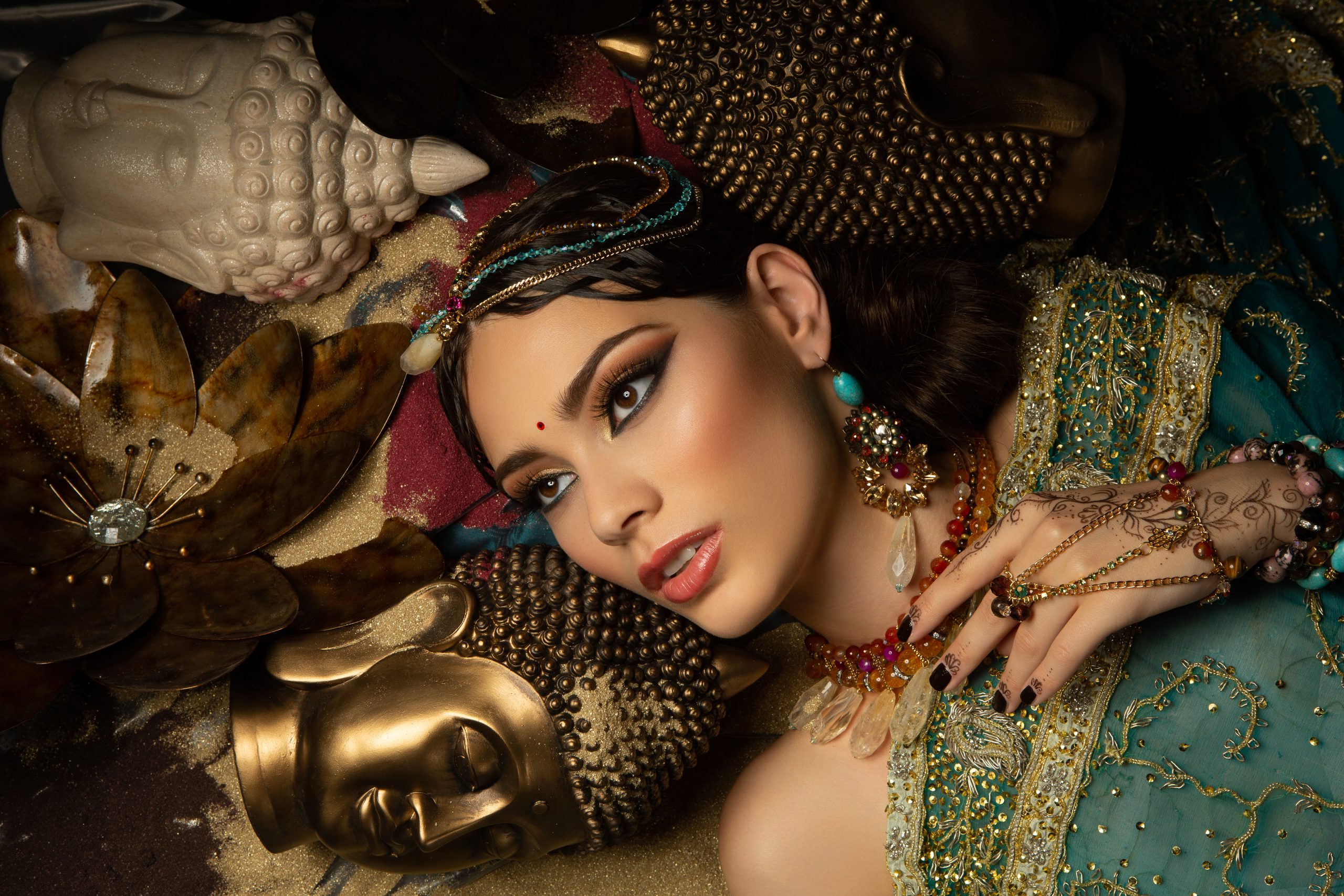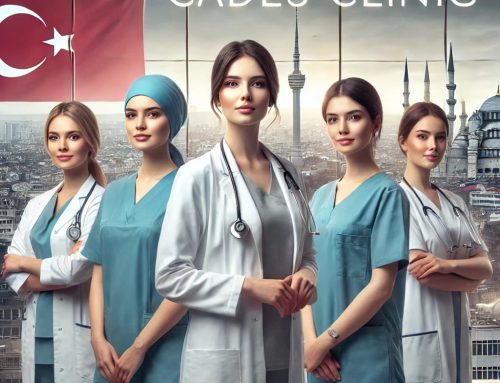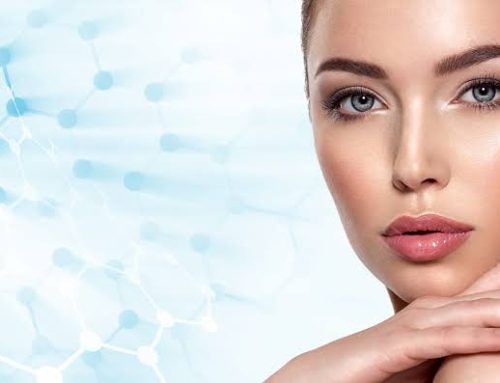Introduction
The concept of beauty and health has been intertwined with human history since ancient times, reflecting cultural ideals, societal norms, and individual aspirations. From ancient civilizations to modern societies, the pursuit of beauty and health has played a central role in shaping human behavior, attitudes, and perceptions. In this article, we’ll explore the historical significance of beauty and health, examine its evolution through time, and discuss its contemporary relevance, including the rise of plastic and cosmetic surgeries in today’s world.

What is the connection between health and beauty?
Throughout history, beauty and health have been revered and sought after by individuals and societies alike. In ancient civilizations such as Egypt, Greece, and Rome, beauty was associated with physical symmetry, proportionality, and vitality. Examples include the iconic sculptures of Greek gods and goddesses, adorned with youthful features and idealized proportions, as well as the elaborate beauty rituals and cosmetics used by ancient Egyptians to enhance their appearance and signify social status.
Famous historical figures such as Cleopatra, known for her legendary beauty and allure, and Empress Elisabeth of Austria, renowned for her ethereal beauty and devotion to health and fitness, exemplify the enduring fascination with beauty and health throughout the ages. Their beauty regimens, elaborate hairstyles, and fashion choices set the standards for beauty and elegance in their respective eras.

What is the meaning of health and beauty in modern society?
In today’s modern society, the importance of beauty and health has only intensified, fueled by advancements in technology, media influence, and societal pressures. The rise of celebrity culture and the proliferation of social media platforms have amplified the visibility and accessibility of beauty ideals, leading to increased scrutiny and comparison among individuals.
Contemporary celebrities and public figures, such as Kim Kardashian, Beyoncé, and Cristiano Ronaldo, serve as modern-day icons of beauty, fitness, and style, shaping trends and influencing popular perceptions of attractiveness and desirability. Their flawless appearances and sculpted physiques set the standard for beauty and fitness aspirations in the digital age.

How common is plastic surgery now?
In response to societal pressures and personal desires for enhanced beauty and youthfulness, plastic and cosmetic surgeries have become increasingly prevalent in today’s world. Procedures such as rhinoplasty, breast augmentation, liposuction, and facelifts offer individuals the opportunity to alter and enhance their physical appearance, achieving desired aesthetic outcomes and boosting self-confidence.
The popularity of plastic and cosmetic surgeries reflects a growing acceptance and normalization of beauty-enhancing procedures, with more people than ever before opting to undergo surgical interventions to improve their appearance. From celebrities to everyday individuals, the allure of beauty and the promise of transformation drive the demand for cosmetic enhancements and aesthetic procedures.

What are social and emotional effects of plastic surgery?
While the pursuit of beauty and health can lead to positive outcomes and enhanced self-esteem, it also carries inherent risks and challenges. The pressure to conform to beauty standards can contribute to feelings of inadequacy, self-doubt, and body dissatisfaction, leading to psychological distress and emotional turmoil.

Conclusion
Beauty and health have always been central to human existence, shaping cultural values, societal norms, and individual experiences throughout history. From ancient civilizations to modern societies, the pursuit of beauty and health reflects our innate desire for self-improvement, acceptance, and validation. In today’s world, the prominence of beauty ideals and the prevalence of plastic and cosmetic surgeries underscore the enduring significance of beauty and health in shaping human behavior, attitudes, and perceptions. As we navigate the complexities of beauty and health in contemporary society, it’s essential to cultivate a balanced perspective, embracing diversity, individuality, and self-acceptance as integral components of true beauty and well-being.
Disclaimer: The content on this blog is intended for general informational purposes only. It is not a substitute for professional medical advice, diagnosis, or treatment. Always consult qualified healthcare providers for personalized advice. Information regarding plastic surgery, dental treatment, hair transplant, and other medical procedures is educational and not a guarantee of results. We do not assume liability for actions taken based on blog content. Medical knowledge evolves; verify information and consult professionals. External links do not imply endorsement. By using this blog, you agree to these terms.





